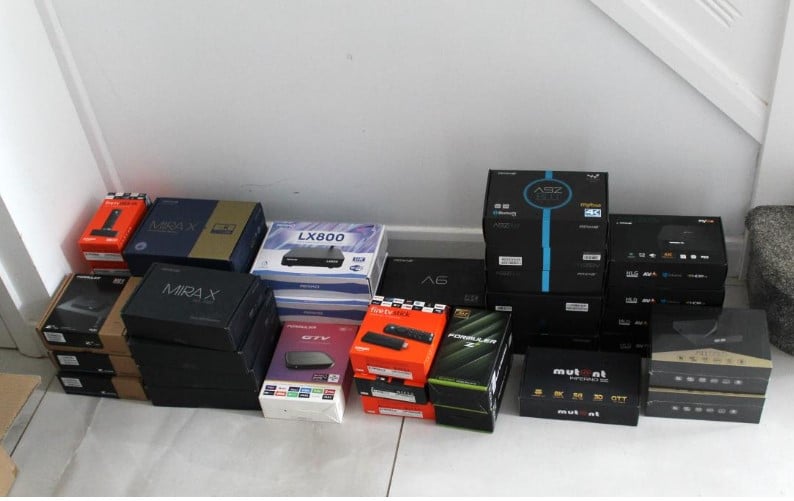-
chevron_right
Pirate IPTV Services Blocked For Pirating The Olympics
news.movim.eu / TorrentFreak · Sunday, 28 July, 2024 - 14:23 · 2 minutes
 When it comes to the protection of its intellectual property rights, the International Olympic Committee (IOC) is notoriously uncompromising. Hardly a surprise given the role the brand and other rights play in this global sporting event.
When it comes to the protection of its intellectual property rights, the International Olympic Committee (IOC) is notoriously uncompromising. Hardly a surprise given the role the brand and other rights play in this global sporting event.
Non-Profits Always Worry About Piracy
With piracy always a concern to those at the top of the multi-billion dollar non-profit Olympic pyramid, those fears naturally filter down to other non-profit entities involved every four years.
Joining the International Olympic Committee (IOC) and International Paralympic Committee (IPC) is the Paris Organizing Committee for the 2024 Olympic and Paralympic Games (COJOP2024). In keeping with tradition, these bodies have been closely monitoring the piracy situation, with French news outlet L’Informe suggesting that a list of problematic pirate sites and services was already being prepared in April.
Action in Paris
In mid-July, the IOC, IPC and COJOP2024, commenced legal action against the leading French ISPs. This is a required step in the site-blocking process but offers no threat to the ISPs themselves. In common with a growing number of ISPs internationally, French ISPs don’t oppose site-blocking actions, not least since in many cases they stand to benefit due to broadcasting deals.
At the Paris Judicial Court last Wednesday, the trio obtained an ISP blocking order. In their application the rightsholders informed the Court that around 30 domains that had previously shown infringing behavior were accessible in France.
On that basis they argued that the Court should order the ISPs to implement blocking measures, to prevent their customers from watching unlicensed streams of Olympic events.
With those likely to request blocking now very familiar with the process, the Paris court had no problem issuing a dynamic injunction. These are flexible orders that authorize blocking measures against services detailed initially, but can be modified as required in response to countermeasures, most commonly the deployment of new domains.
The Olympic organizations will simply have to inform telecoms regulator Arcom of any new domains, and those will be added to the blocklist, probably quite quickly.
The domains are listed at the end of this report but it appears that several are already redirecting or have moved to new homes.
As shown below, at least one of the targets has no DNS records and according to traffic data, may have been abandoned in June.
The measures as awarded will time out on September 8, to coincide with the end of the 2024 event.
The list of domains, as reported by L’Informe, reads as follows:
Crichd.tv
Crichdplayer.com
Kkzb8.net
Hplayer.ggapk.net
Worldcupfree.com
Redditsoccerstream.online
Bobres.net
Ip.sltv.be
App.kiwi-ip.tv
Dfwu.link
Ip1.mypsx.net
Supremtv.fr
Iceflashott.com
66768-task.cdn-o2.me
Ott.drmouad.uk
Fr.4k-ott.xyz
Necroiptv.vom
Neczmabfa.to
Lightnings.live
Necstraz.to
Neczbm.to
Wishiptv.com
Xcvip.wishiptv.com
Tv.expressiptv.xyz
Greenlinetv.xyz
From: TF , for the latest news on copyright battles, piracy and more.



 The American copyright industry is one of the country’s primary exports, generating billions of dollars in annual revenue.
The American copyright industry is one of the country’s primary exports, generating billions of dollars in annual revenue.
 App stores are littered with apps that promise free access to music, but only few live up to expectations.
App stores are littered with apps that promise free access to music, but only few live up to expectations.
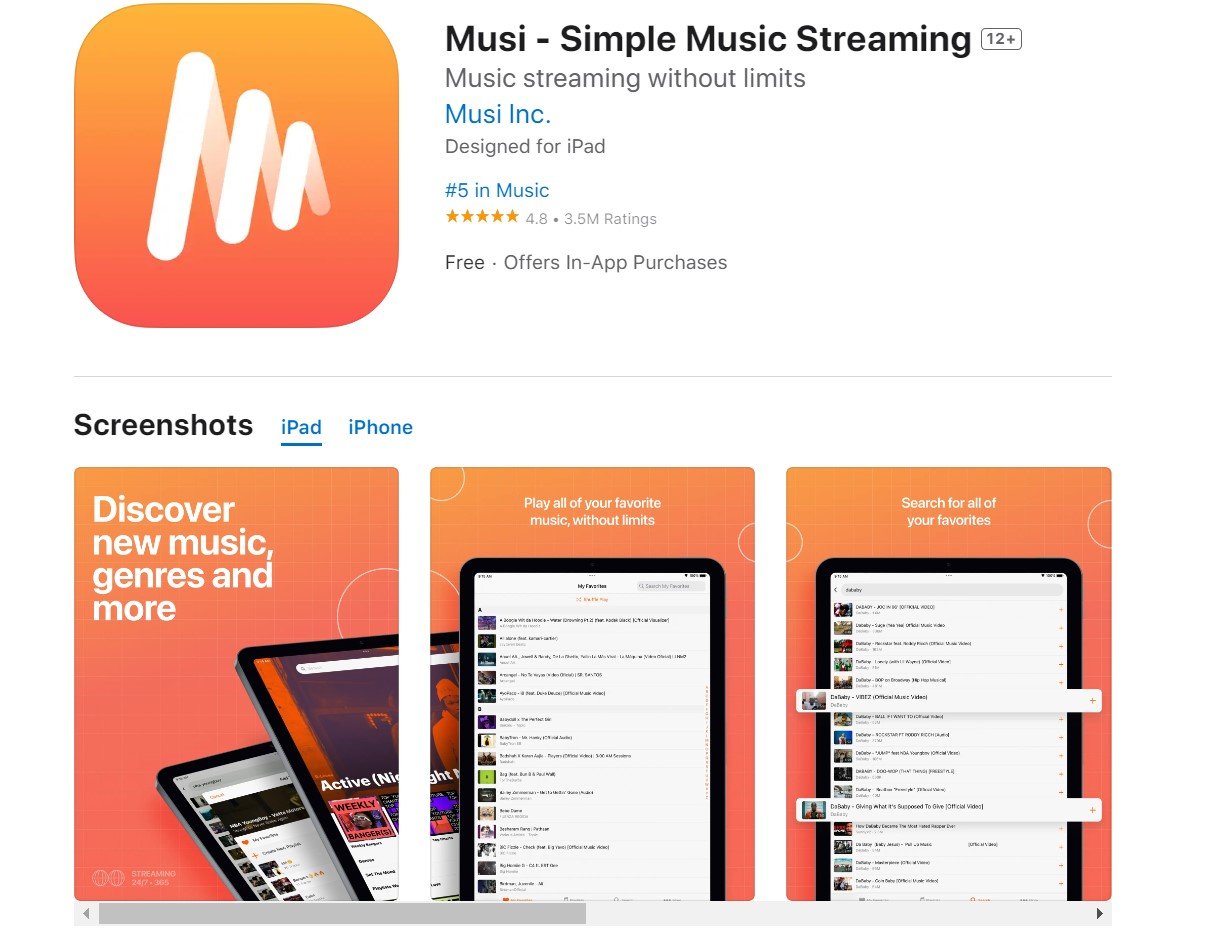


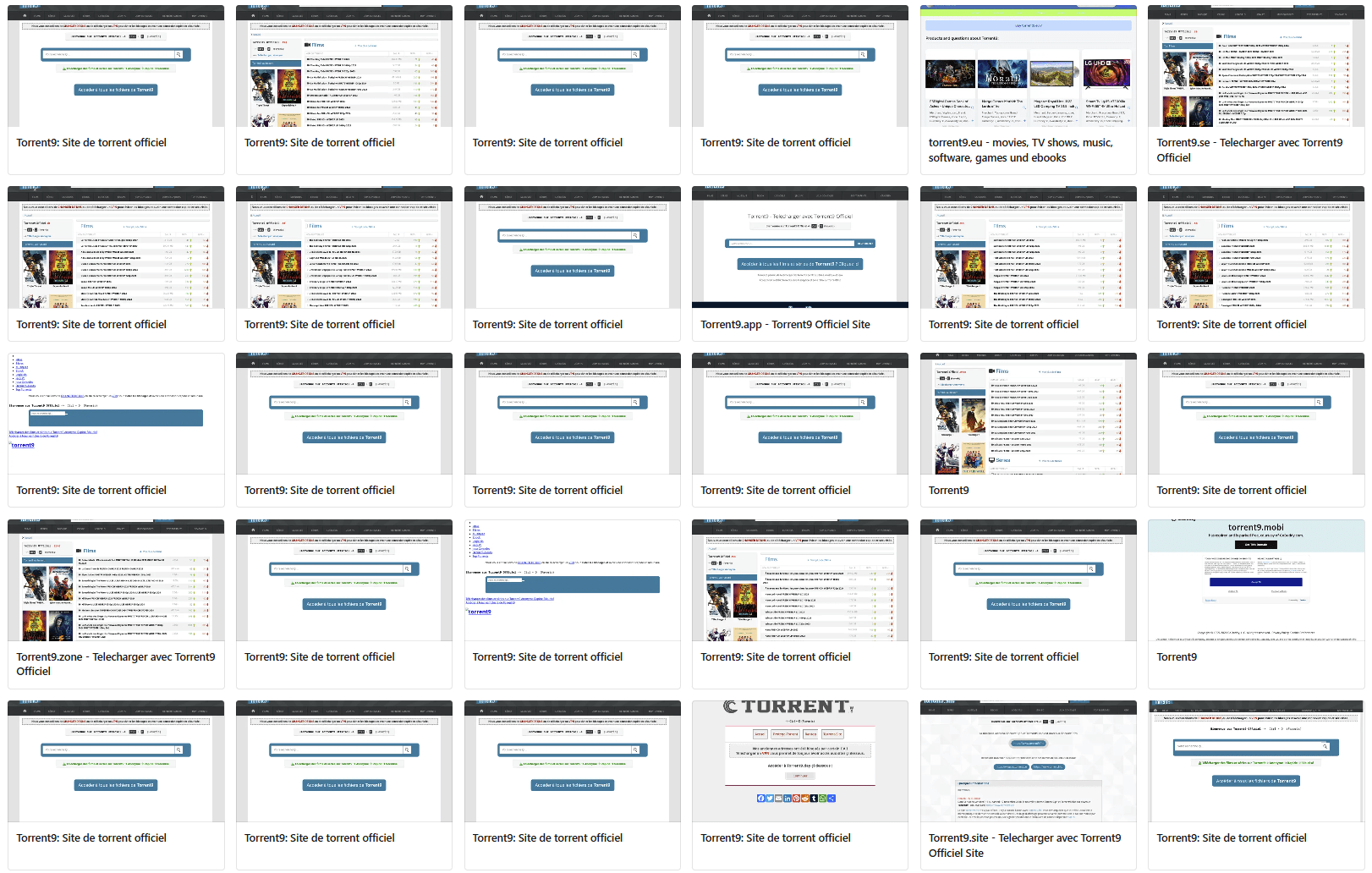

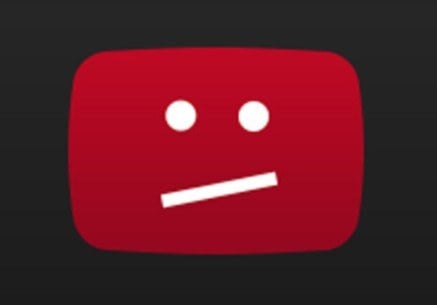 Free music is easy to find nowadays. Just head over to YouTube and there are millions of tracks, including many of the most recent releases.
Free music is easy to find nowadays. Just head over to YouTube and there are millions of tracks, including many of the most recent releases.
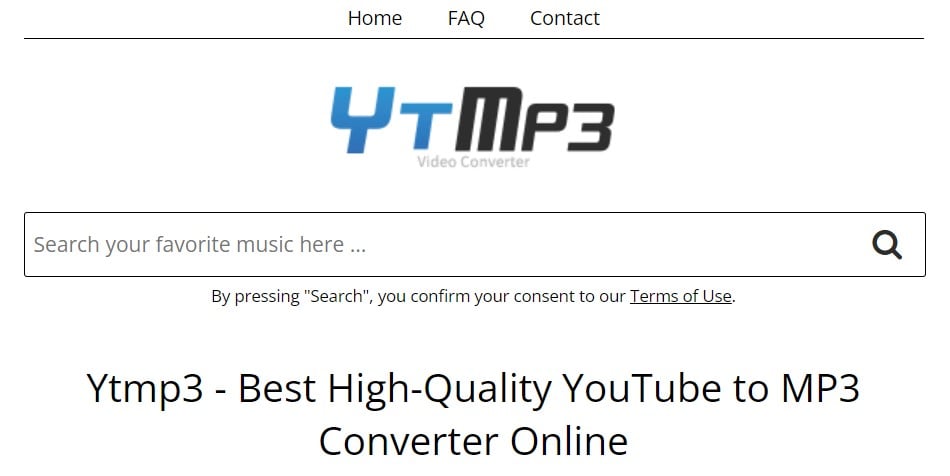
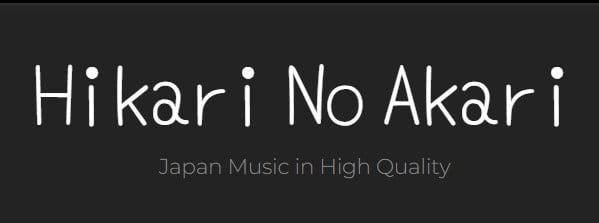 Founded in 2010, Hikari-no-Akari (HnA) positioned itself as the go-to site for fans of Japanese music.
Founded in 2010, Hikari-no-Akari (HnA) positioned itself as the go-to site for fans of Japanese music.
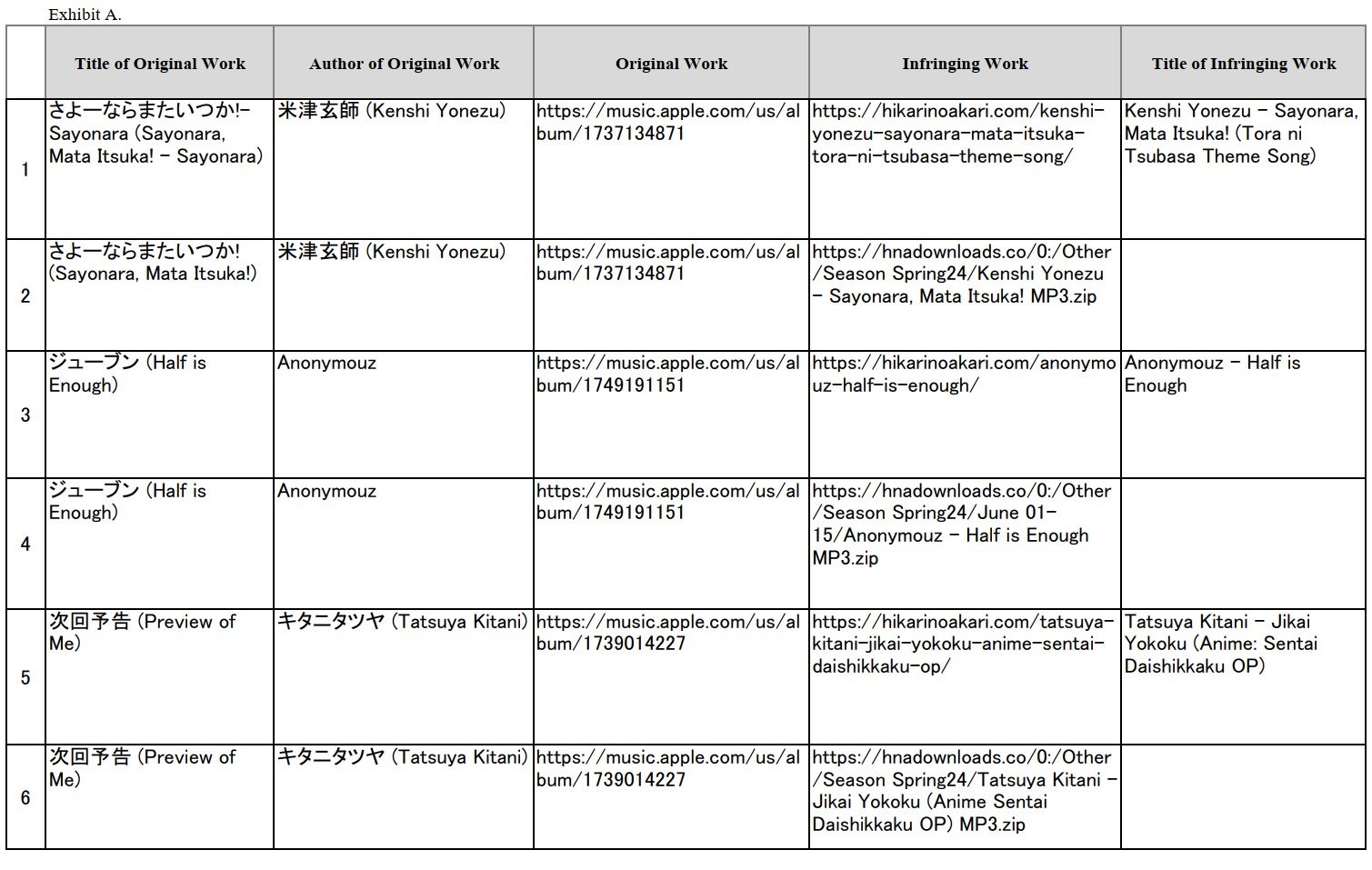


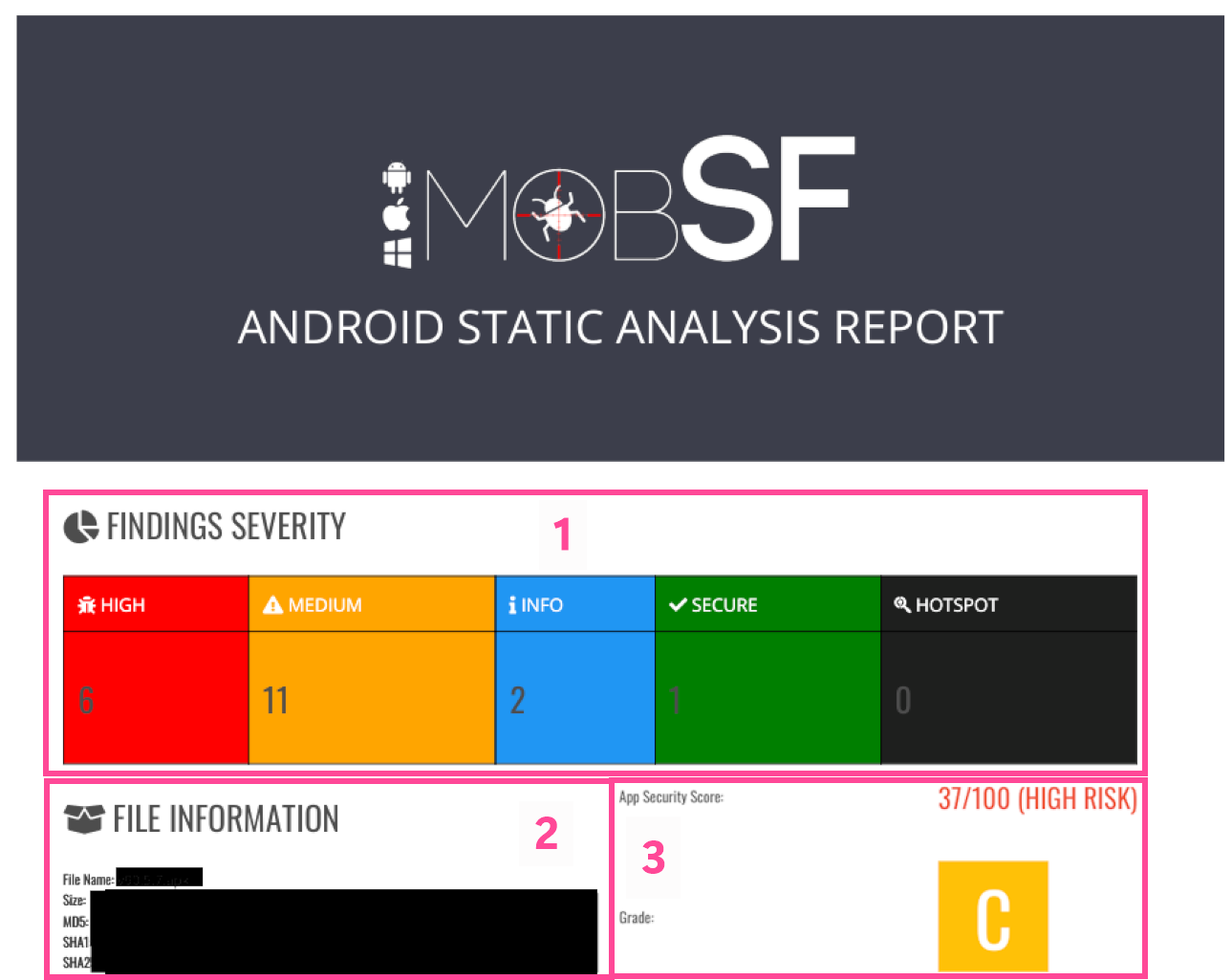
 Offering pirate streaming services is a serious offense in the UK, where several people have received multi-year prison sentences in recent history.
Offering pirate streaming services is a serious offense in the UK, where several people have received multi-year prison sentences in recent history.

